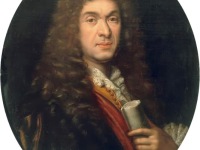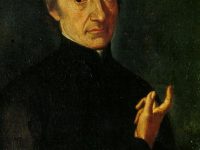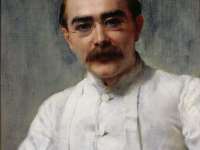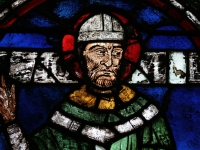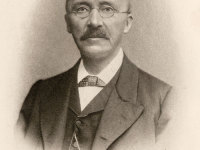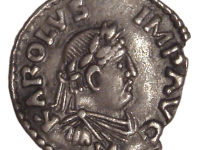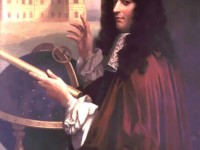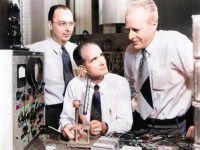Metropolis – A Cinematic Vision of Technology and Fear
On January 10 1927 German expressionist epic science-fiction film Metropolis directed by Fritz Lang premiered in Berlin. Metropolis is regarded as a pioneer work of science fiction movies, being the first feature length movie of the genre and one of the most expensive movies of its time. The First SciFi Blockbuster If you like science fiction movies and you don’t know Metropolis, you have missed the very first blockbuster of this popular genre.…
Read more


